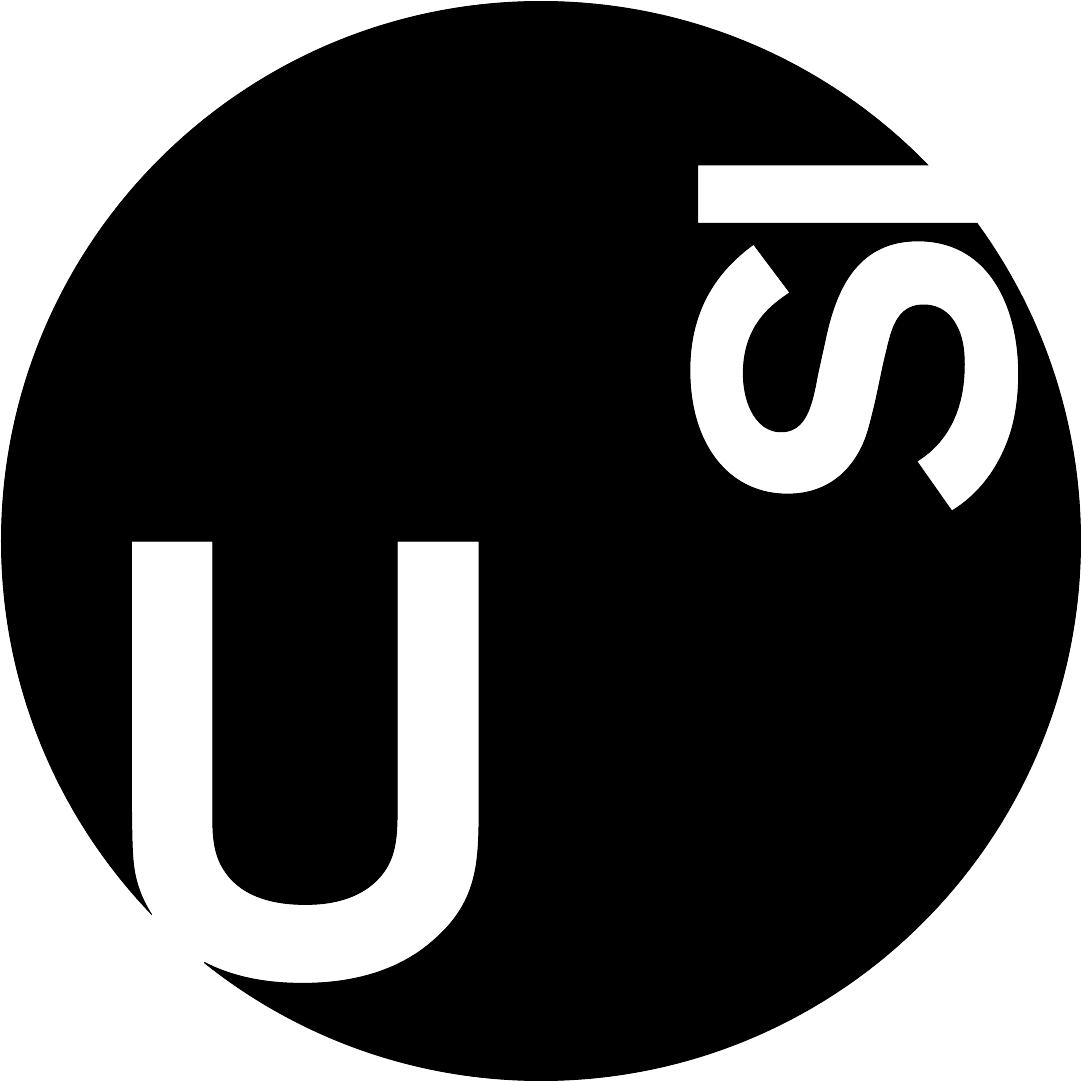 |
|
 |
How to preserve optimal measurements for state discrimination over any quantum channel |
Host: Prof. Stefan Wolf |
|
Wednesday 15.05
|
USI Lugano Campus, room A-34, Red building
11:30-12:30
|
Chahan M. Kropf
Università Cattolica del Sacro Cuore, Italy
|